Author of REVENGE OF THE ORGASM
United States
James Gordon is another man I am proud to call a friend. He calls me “Slick Nick,” but he’s really the slick one! A huge hit book, an acting career and a talent for just about everything. Enjoy your time with the “Greatest Poet Alive.”
*****
Revenge of the Orgasm contains adult subject matter.
As you are driving, your body involuntarily jumps. Sweat begins on your forehead and appears on your body, even though it is the middle of Winter. Inside of your left thigh, there is a tapping that is not harmful but noticeable. And you begin to wonder if sanity has departed or control of your motor skills is no longer your own. Then, the epiphany becomes clear. This is Revenge of the Orgasm.
*****
How long does it take for you to put together a poem? What does the perfect poem need?
It doesn’t take long at all, a few moments. Sometimes, I go into the poem no matter where I’m at or where it is. By that, I mean it begins writing itself in my head. The “perfect” poem just needs to be, and after that, it needs to be shared, then it has to touch someone.
Have you ever written a poem that could have been considered “TOO EROTIC?”
There are two poems that might be considered “too erotic”— “Extreme” and “Nightmare on the Red Line.” Those were wild. WOO!!!
How long did it take you to write Revenge of the Orgasm?
It actually took six months to write the first version, then I had to take my time for the additions to the second one.
What does that title mean anyway? What is the “Revenge” of an “Orgasm?”
Revenge of the Orgasm has happened to everyone, unless that individual is incredibly inept or extraordinarily evil. Revenge usually has the connotation of something sinister, but in all of those instances and looking at the prefix “re-” which means to do over, an individual comes back or returns. That said, Revenge of the Orgasm is the recollection of events intimate or sexual that were so meaningful that they return. This is what I wrote about in my book.
How many times have you rewritten a poem to get the best out of an idea?
The poem “Wait for Me” has been written and performed six different ways until I arrived at the award-winning version it is now.
Has your poetry improved since you started writing?
I am much, much improved, and this is directly related to the wealth of experiences I have had, both good and bad.
Define erotic and how erotic feels.
Erotic has no boundaries. It has no relative size, can be large or small. It is an overwhelming, overtaking, and invigorating feeling. When it comes to writing, it makes you feel every word that is written.
What has been your most erotic experience and have you written about it?
In the poem “Westin Incident,” I describe an encounter with a woman while nonverbally communicating with another woman across the way. That poem is in both editions of Revenge of the Orgasm.
Do you find that being an erotic author makes you more comfortable with the opposite sex?
I wouldn’t consider myself an “erotic” author. I am just adept at this respective sub-genre, but I think it puts women on alert with me. It’s like a sign that says, “Be careful of this guy.”
Is sex part of being erotic or is erotic part of sex?
Both questions turned into declarative statements are correct. Also, intimacy is not sex.
How do you define sensations?
To me, sensations are the senses’ actions. Take for instance, a woman placing her hand on my cheek gives me a warm sensation. Why? She is touching vulnerable parts of me, my face and invisible barrier. Tasting cheesecake (my favorite) is another example of sensations because when the cheesecake hit my palate, WOO!!! Everything in my brain says, “Hell, Yeah!!” Just thought of this—senses are outward, while sensations are inward.
What inspires you most? Attractive women or great smiles?
Beautiful women, life experiences, and settings inspire my writing. The more curves a woman has makes for an in-depth and well-detailed poem. This applies to the other two examples as well.
What do you think of when you write? Are you thinking “erotic” thoughts all the time as you write?
Not thinking erotic thoughts, usually. I think in terms of romance. But the “thought” comes after the writing is done, making sure everything works. I may think of a particular woman or a place I want to be, then it’s “go” time!!
Do you like to write with music in the background or does that distract you?
Love writing with music in the background, as well as the TV on. It’s like my own soundtrack.
When did you first discover you could write poetry?
In 2007, I was incarcerated, and on the top bunk, I started penning poems for fellow inmates to send to their loved ones. It was as though I had to go to prison to learn to write and begin my poetry career.
Which poets do you admire and why?
Blake, Giovanni, Angelou, Hughes, Brooks, and I admire them because they represent reaching the highest level of greatness. We still discuss them now, read their work now, and some of them have gone on to the next realm of existence.
What is a poet? A messenger? A storyteller? A purveyor of feelings?
I don’t know. G.P.A. is actually redefining or maybe creating another lane for what he does. A lot of people write poems and perform poems, but it ends there. G.P.A. does everything and extraordinarily well. Acting, hosting, recording, etc., are some of the things he does, navigating from one role to the next seamlessly. But take those things above and add several things to them, and you have G.P.A.’s definition of a Poet.
How do you overcome writer’s block?
Do you even suffer from writer’s block? Writers block is a myth. You hear people claim it because they allow their minds to get lazy, and they feel like they are real writers by stating it. The opposite is true.
What is the perfect woman? What does she have that no other woman can have?
My mother is the perfect woman, and she has a few flaws. Back to reality, the “perfect” woman has the combination of intellect, humor, ass, beauty, faith in God, and a tolerance for some of my egotistical tendencies. Oh, it’s even cooler if she is into and understands sports.
Can you write the first 5 lines of a poem using the words “smoke” and “thighs” right now?
Dark, decadent club on the south side of Chicago filled with either cigarette or manufactured smoke.
There she was, dressed in nothing but black; this was her: heels, cashmere sweater, and leggings forming a second skin upon her thighs.
Ordered me a Jameson’s and Coke with a lime, waved me on over.
Seductive undertones, as she placed my hand in between her Bermuda Triangle.
Smirk crossed my face, as fingers begin their lengthy trip.
Connect with the Greatest Poet Alive:
Website: http://www.iblowyourmind.net/
Facebook: https://www.facebook.com/james.gordon.395
Twitter: https://twitter.com/gr8estpoetalive

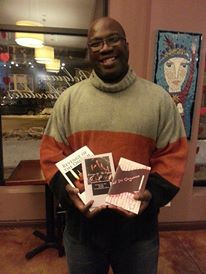
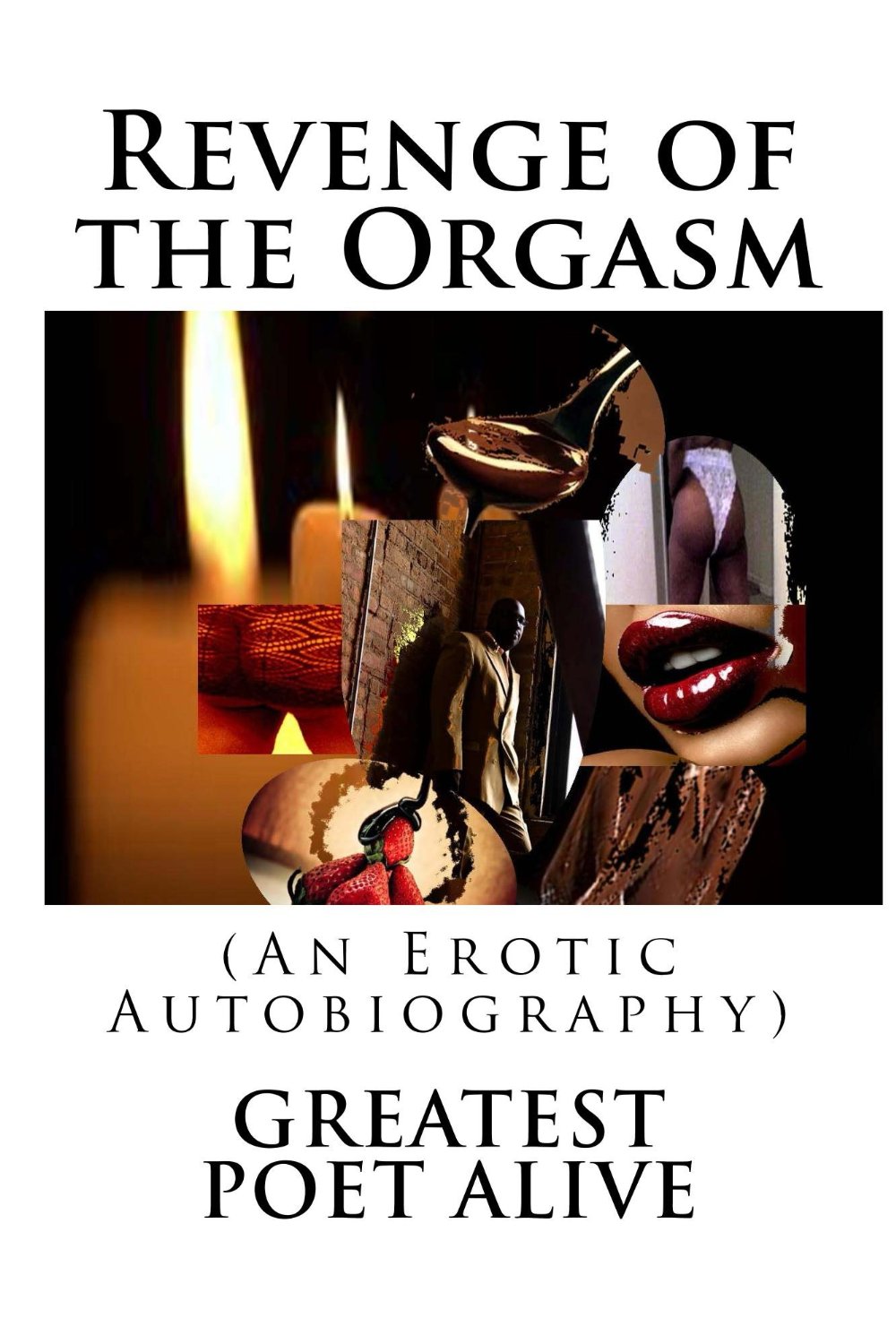
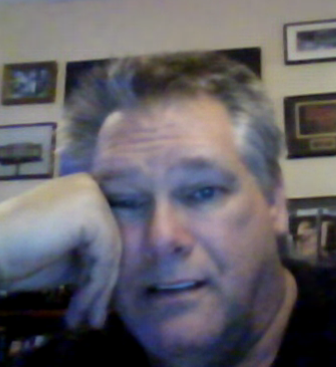
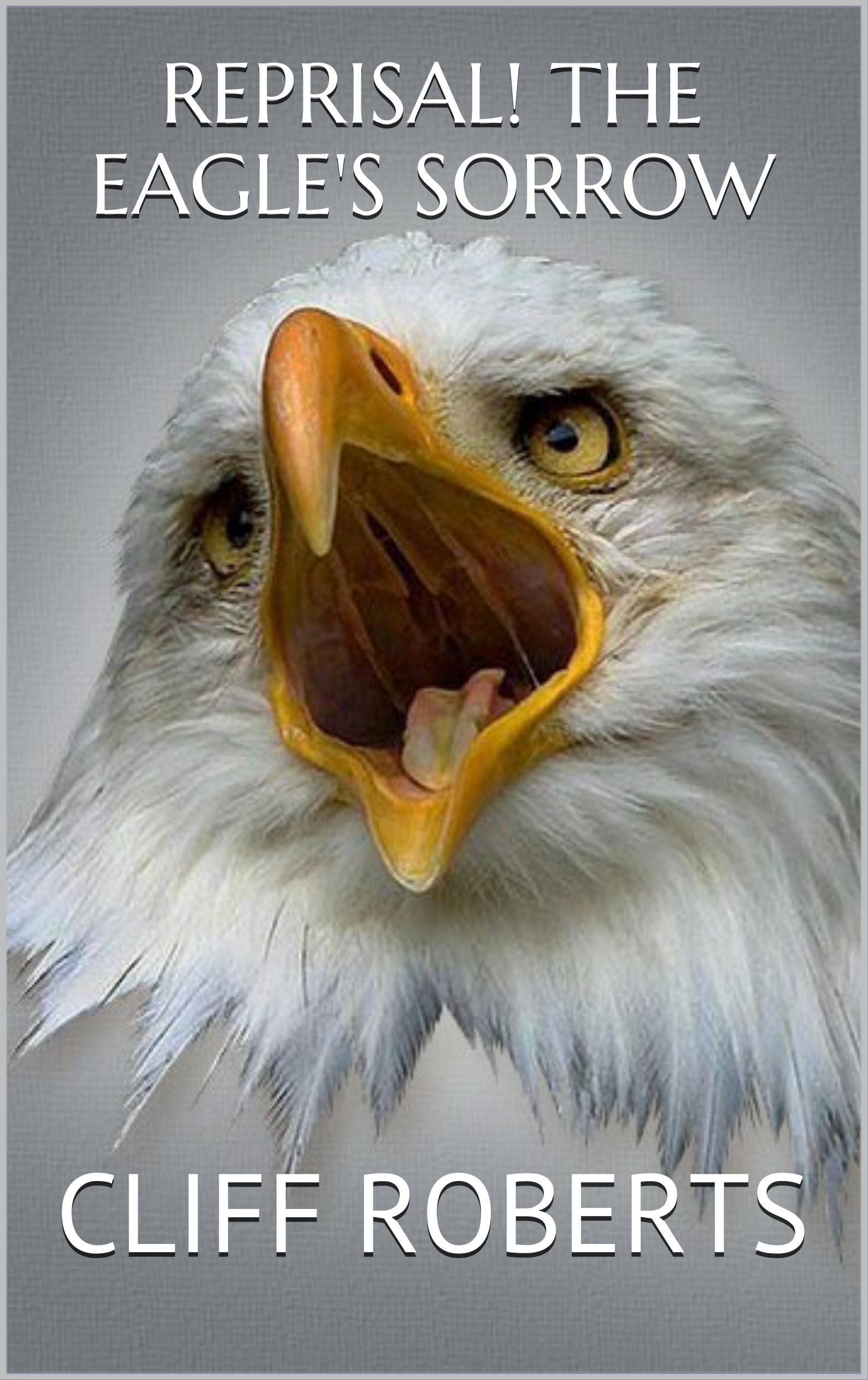
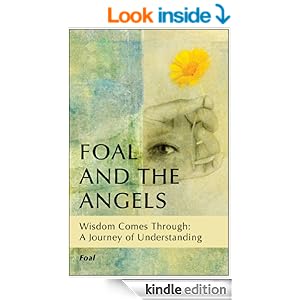

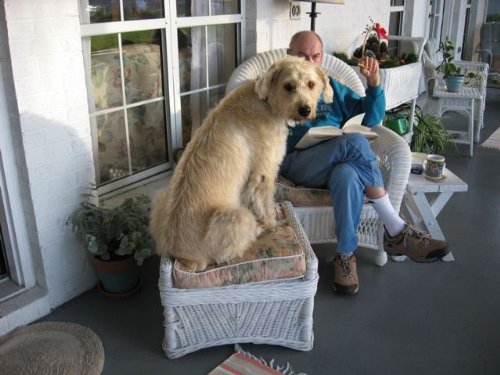
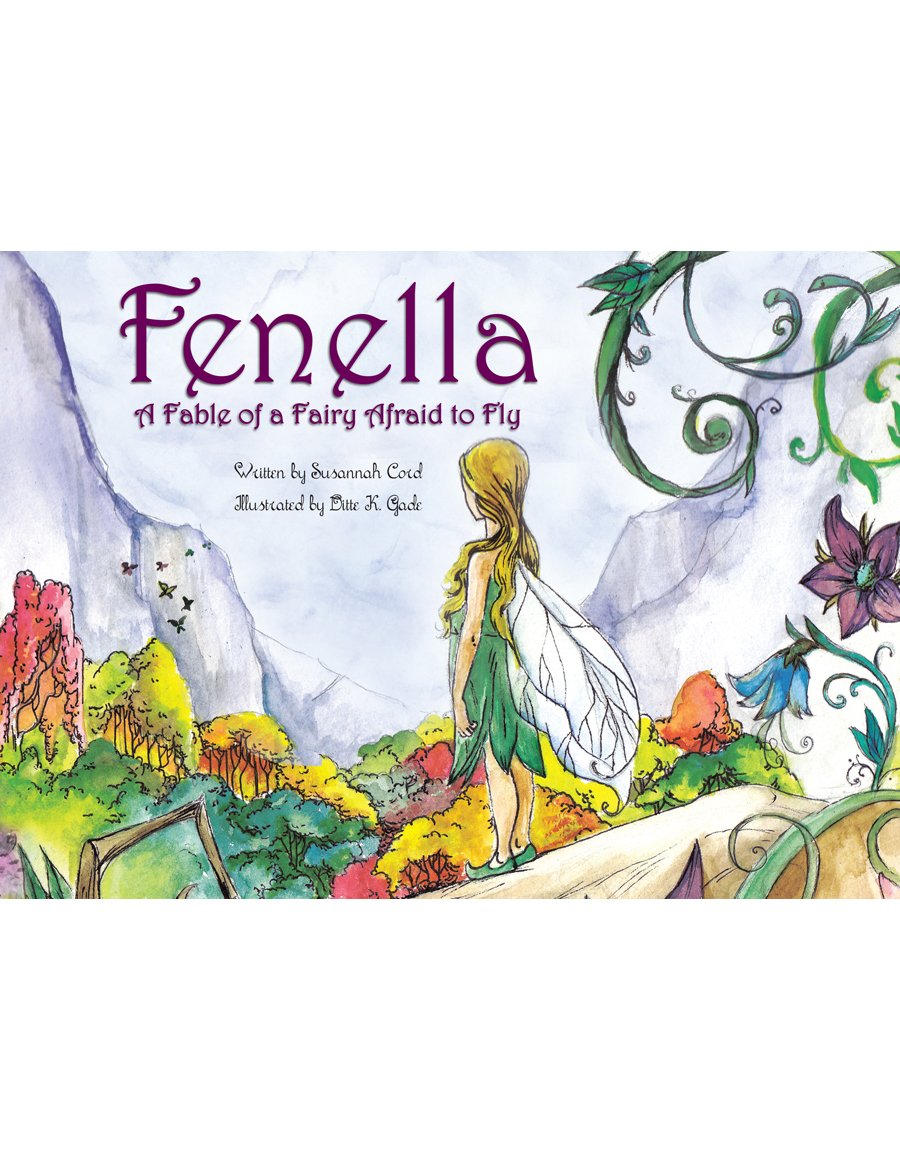


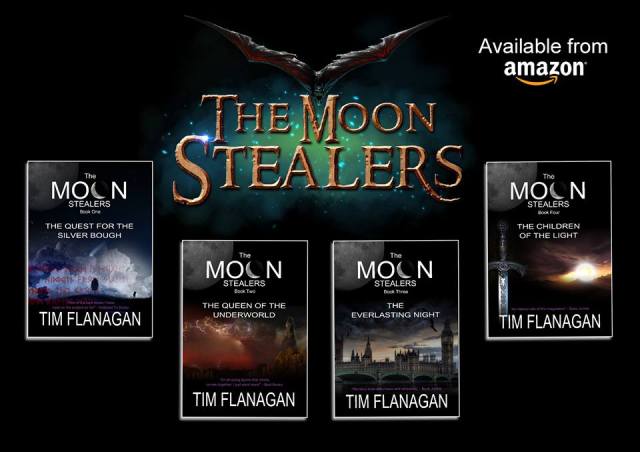
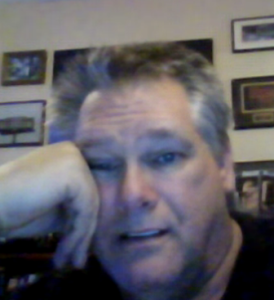
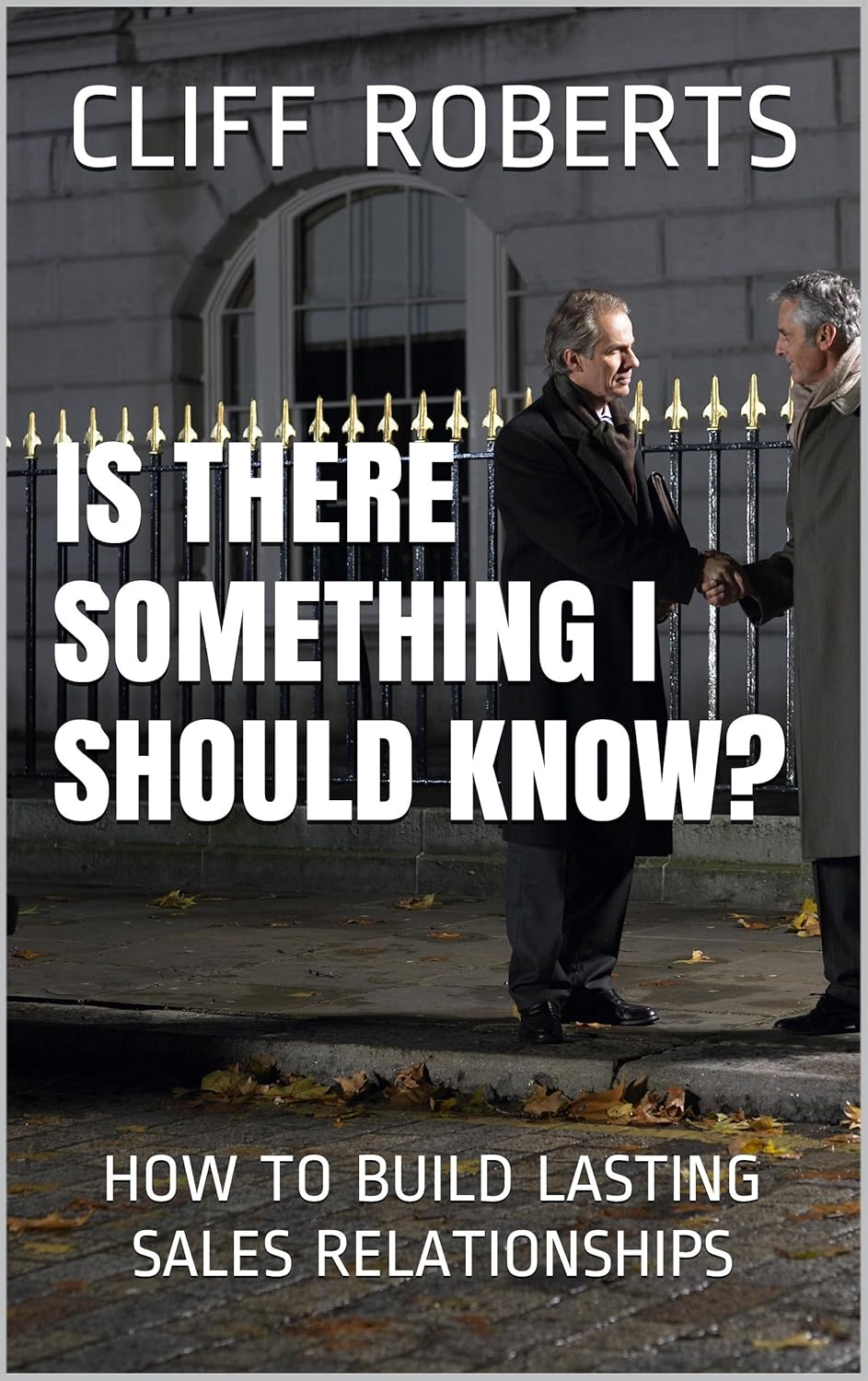
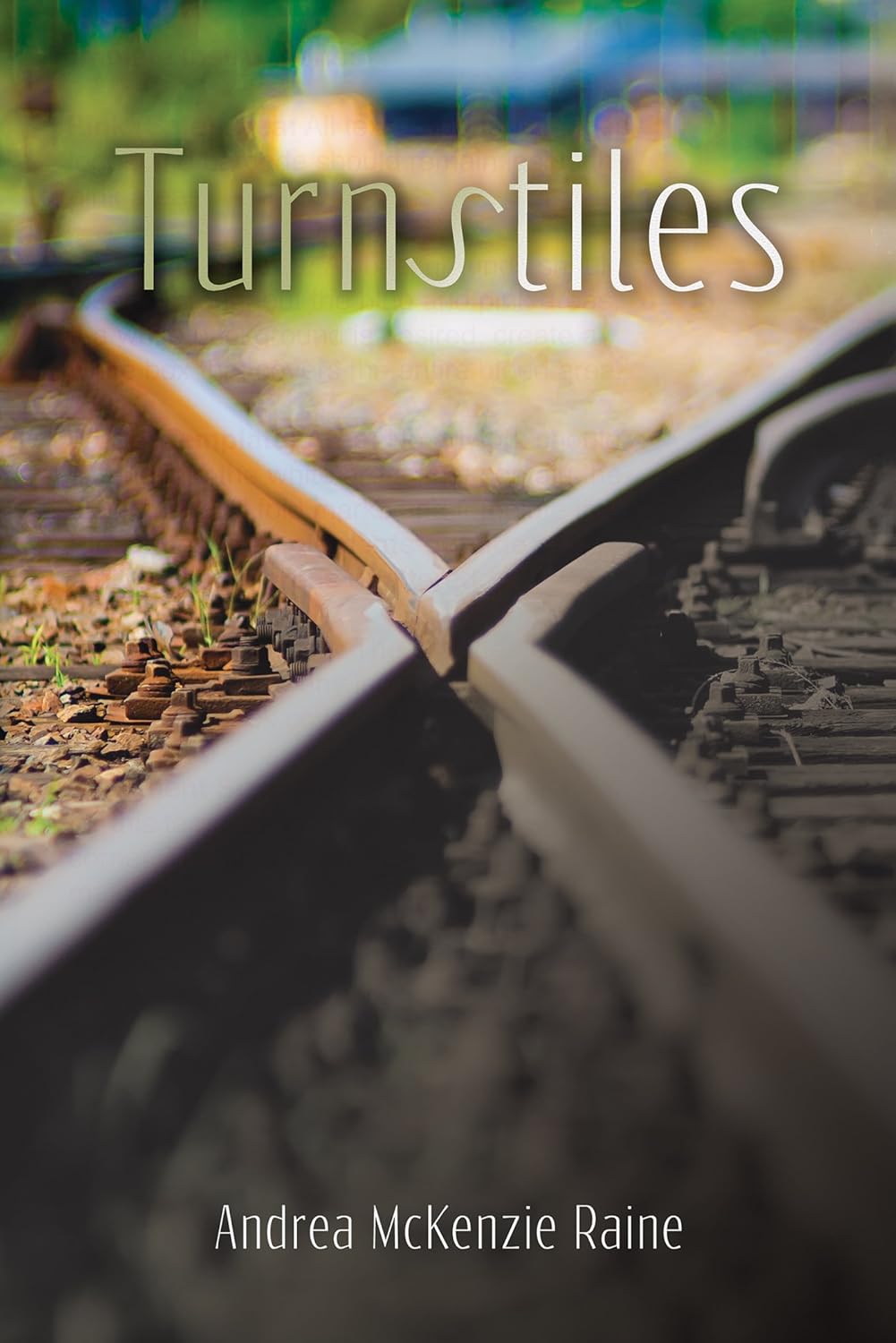
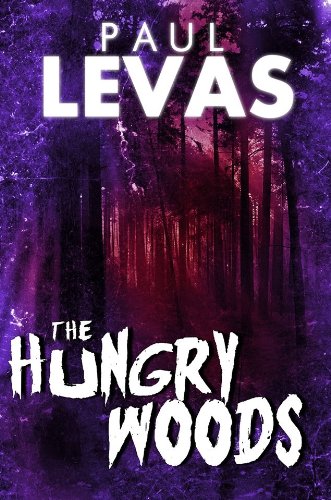
Recent Comments